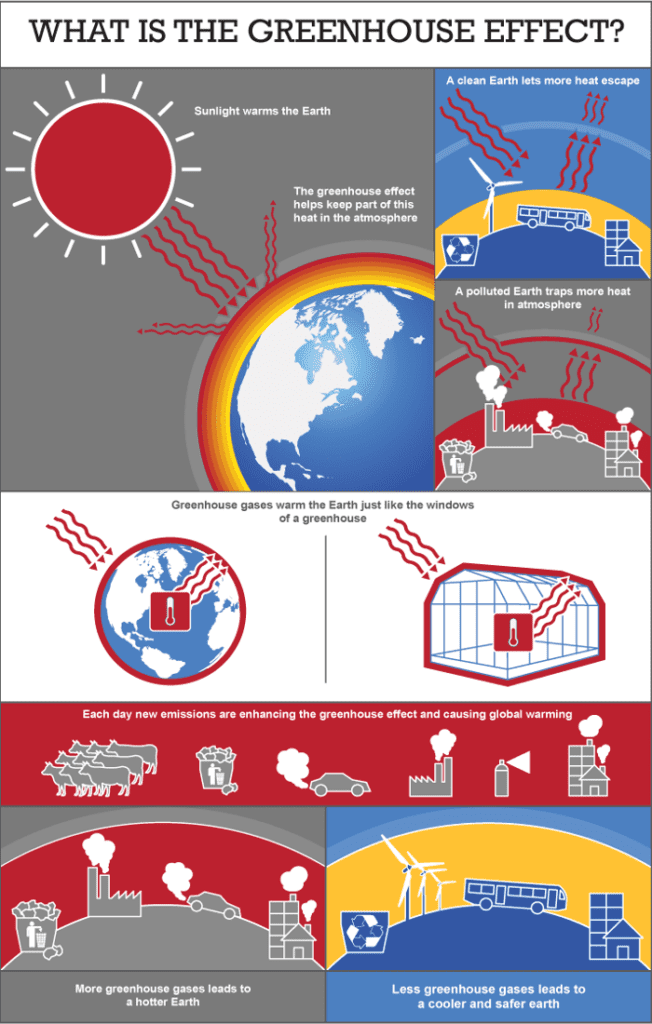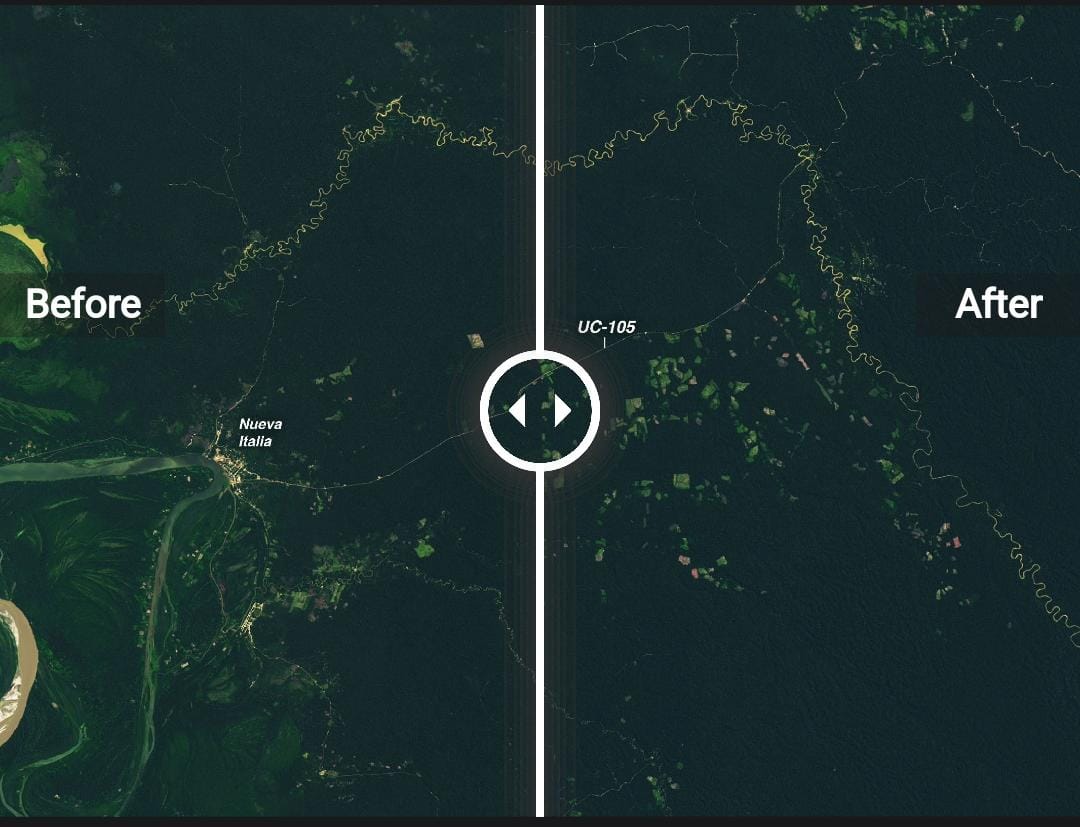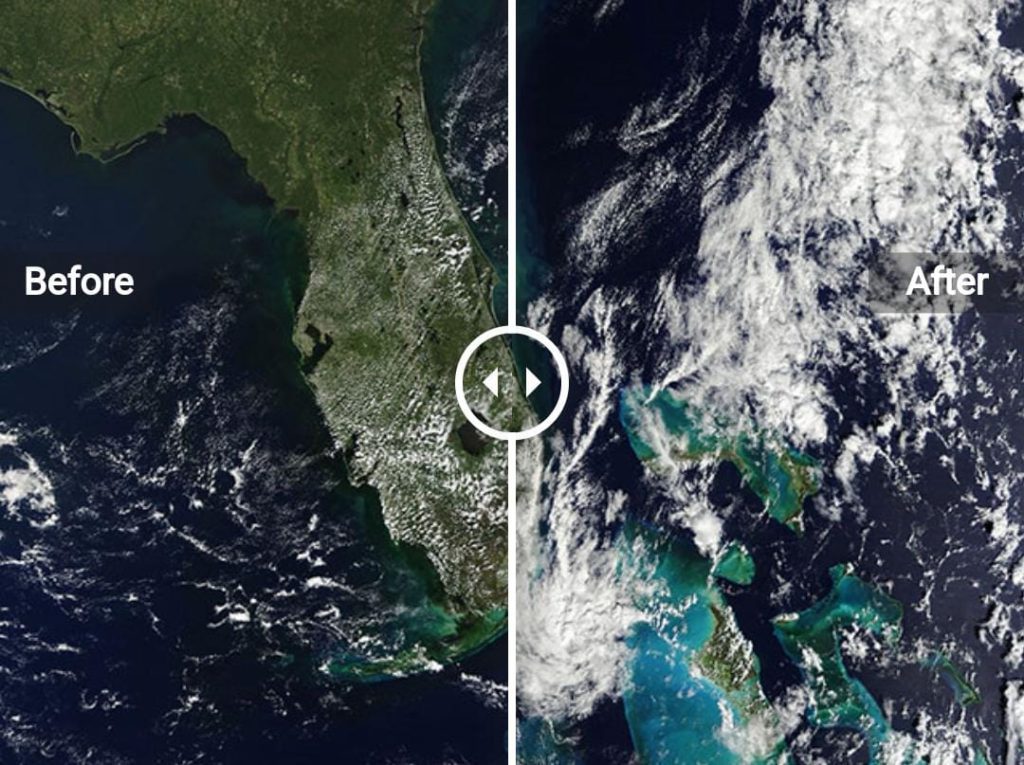INDIA: Climate change has become an increasingly pressing issue with its global effects. According to the UN, climate change is the term used to describe a significant alteration in the Earth’s climate over time, typically brought on by human activities, including the use of fossil fuels, deforestation, and industrial operations. Its effects are widespread and can potentially have negative repercussions on our planet and its population.
Causes of Climate Change

The rising atmospheric release of greenhouse gases is the primary driver of climate change. Carbon dioxide (CO2), methane (CH4), and nitrous oxide (N2O) are the primary greenhouse gases that are produced by human activities such as burning fossil fuels, deforestation, and industrial operations. The Earth’s temperature steadily rises due to these gases trapping solar heat and preventing it from escaping into space.
Burning fossil fuels

Burning fossil fuels is one of the leading contributors to climate change. When we burn coal, oil, and natural gas to produce energy, we release CO2 and other greenhouse gases into the atmosphere. The increasing demand for energy, particularly in developing countries, means fossil fuel use is unlikely to decrease soon.
Deforestation

Forests are critical in absorbing carbon dioxide from the atmosphere, helping mitigate climate change’s effects. Deforestation, particularly in tropical regions, releases large amounts of CO2 into the atmosphere, contributing to global warming. Deforestation also reduces biodiversity, severely affecting the environment and the human population.
Industrial processes
Industrial processes such as cement, steel, and chemical production also produce greenhouse gas emissions. These processes rely heavily on fossil fuels and emit large amounts of CO2 and other greenhouse gases into the atmosphere.
Effects of Climate Change
The effects of climate change are widespread and affect everything from the environment to human health. Some of the most significant consequences include the following:
• Rising Sea Levels – As global temperatures continue to rise, the polar ice caps are melting, causing sea levels to grow alarmingly. This can lead to coastal flooding, erosion, and even the displacement of entire communities.
• Extreme Weather Conditions – Climate change has increased extreme weather conditions such as hurricanes, tornadoes, and heatwaves. These conditions can cause significant damage to infrastructure and lead to the loss of human life.

• Loss of Biodiversity – Climate change is causing the extinction of numerous plant and animal species, leading to a loss of biodiversity. This can severely affect the environment and the human population, as we depend on biodiversity for food, medicine, and other essential resources.
• Health Risks – Climate change can lead to increased health risks, such as the spread of disease, respiratory problems, and heat-related illnesses.
Necessary initiatives
While the consequences of climate change can seem overwhelming, there are steps we can take to mitigate its effects. One of the most significant steps is to reduce our greenhouse gas emissions by transitioning to clean energy sources such as wind and solar power. Additionally, we can reduce our carbon footprint by driving less, eating a plant-based diet, and reducing our overall consumption.
Transitioning to clean energy
Transitioning to clean energy is one of the most significant steps to mitigate climate change’s effects. Renewable energy sources such as wind, solar, and hydroelectric power do not produce greenhouse gases, making them a much cleaner alternative to fossil fuels.
Governments worldwide are beginning to invest in renewable energy infrastructure, but individual action is also crucial.
Reducing carbon footprint
Reducing our carbon footprint is another essential step in addressing climate change. We can reduce our carbon footprint by driving less, using public transportation or carpooling, eating a plant-based diet, and reducing our overall consumption. By making small changes in our daily lives, we can significantly reduce our impact on the environment and contribute to the global effort to address climate change.
Government action
Governments worldwide also have a critical role to play in addressing climate change. They can introduce policies that incentivize using clean energy sources and penalize greenhouse gas emissions. Governments can also invest in public transportation, encourage the use of bicycles, and promote energy-efficient buildings.
Conclusion
Climate change is an urgent problem that needs immediate attention. Its effects are widespread and have the potential to be quite harmful to our planet and its inhabitants. However, by reducing our greenhouse gas emissions, transitioning to clean energy sources, and reducing our carbon footprint, we can mitigate the effects of climate change and create a more sustainable future.
In order to combat climate change, governments must implement policies that support renewable energy and lower greenhouse gas emissions. Our collective responsibility is to take action and guarantee a sustainable future for future generations.
Also Read: Google Develops AI-Based Search Engine to Enhance Personalized User Experience

